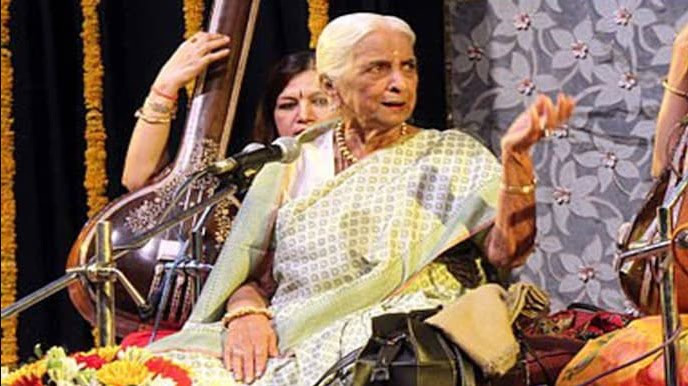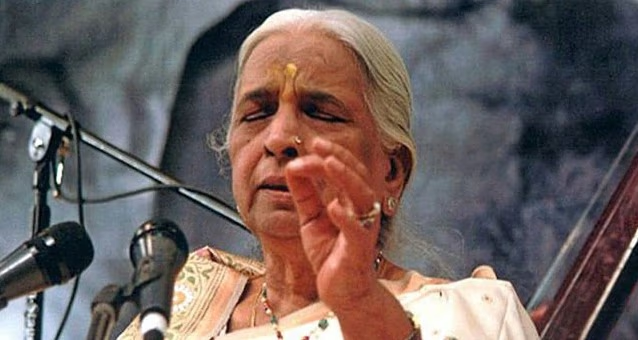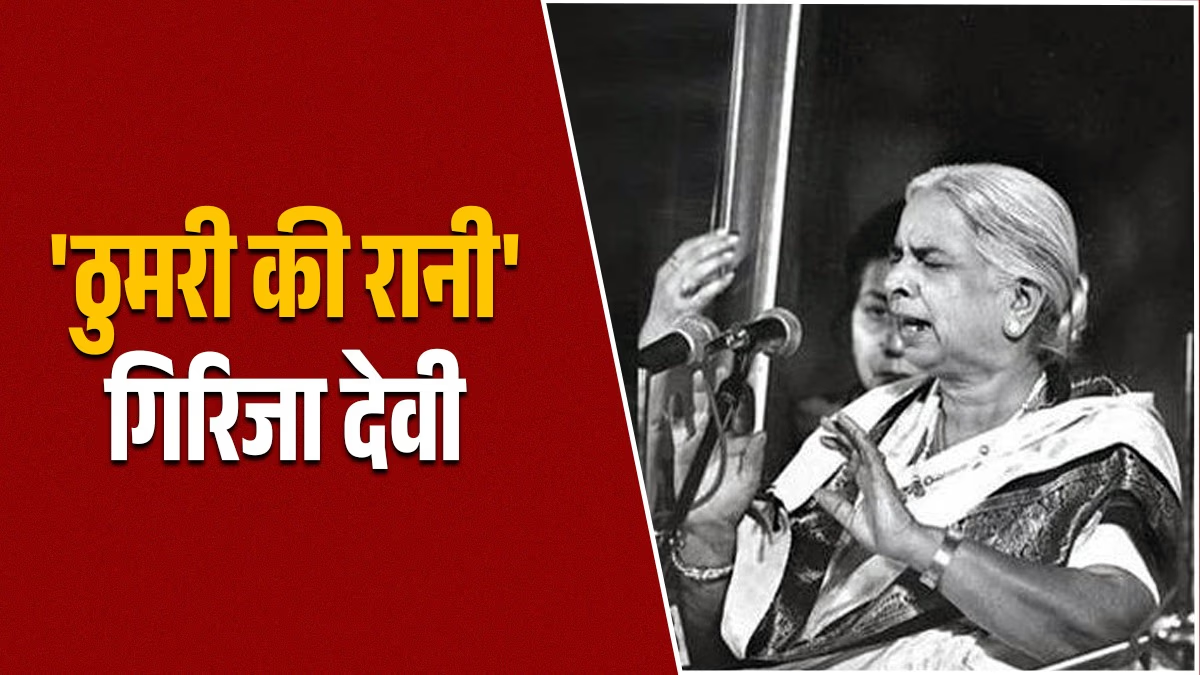The date was October 24, 2017. In the days leading up to a musical event, I had been in conversation with her to arrange for musicians, particularly an experienced harmonium player who could grasp the beauty and artistry of Thumari.
Upon finding such a rare musician, I contacted her that morning to share the news. She said, 'That's great, wonderful... talk to my daughter for further discussions.' The formalities were completed, the day went on, and the next morning, I called her again. What I learned on the other end of the line left me stunned. Appaji had left us all.
Padmaja Chakravarty's voice choked as she narrated this incidence on the phone. After a brief silence, she continued, 'That was Appaji for us, our guru, our guide. In the grand garden of music, she was akin to a mango orchard, and when she sang Thumari, it felt like wildflowers blossomed.'
Appaji, as Banaras Gharana’s iconic figure Girija Devi was known, earned the title 'Queen of Thumari' globally. Did she ever come across as stern? While narrating, Padmaja paused and elaborated, 'Her discipline was a blessing. During teaching moments, she could be stern, especially if there were persistent errors in singing, but it was for instilling precision and self-confidence.'

Source: aajtak
Confidence Before the Stage
Girija Devi advised that before performing on stage, one must feel confident in their singing. This self-assurance lends ease; when you perform comfortably, any musical style—be it Khayal, Dhrupad, Dhamar, Tappa, or Thumari—reaches the heart's core. The timeless appeal of 'Babul Mora Naihar Chhuto Jaye' lies in its innate simplicity, creating an everlasting charm.
Folk Essence as Her Signature
Her accomplished student Vidushi Sunanda Sharma revered this aspect. Appaji’s music, though classical at its core, seamlessly wove together folk ethos, delicacy, and fluidity. For her, these were learned not just through tutelage but through experiences, sensitivity to one’s surroundings—a quality Appaji had in abundance.
Every Note Found Its Way to the Heart
Varanasi’s streets remained etched in her memory, hence her Thumari and Kajri on feminine longing resonated as profoundly genuine. They held echoes of a young girl’s laughter in Natonia Mohalla, growing into a woman enveloped in timeless emotions. Amjad Ali Khan once rightly remarked, 'Listening to Girija-ji’s singing stirs the soul.'
A Devotion to Music from Childhood
Did her passion for music begin in her early years? 'Absolutely,' echoed Sunanda. Appaji's childhood already showed signs of musical prowess. Given the supportive environment and a musically inclined father, young Girija began exploring instruments and singing alongside her father.
Her Silver Screen Affair
Born on May 8, 1929, in Varanasi, her father, Ramdev Rai, played the harmonium and had nurtured her interest in music. By ten, she performed in a film, receiving blessings from Gandhi for her involvement. Her sweet bond with Lata Mangeshkar was noteworthy. When awarded the Padma Vibhushan, Lata called her, saying, 'Girija-ji, the award was long overdue.'

Source: aajtak
Immense Purity in Her Singings
Author Yatindra Mishra recalls that despite the romantic nature of her songs, Girija-ji’s renditions never veered into vulgarity. If a line bordered on inappropriate, she thoughtfully altered it, enhancing the composition's beauty. A notable example is the transformation of Bharatendu Harishchandra's line to deepen its emotional impact.
At her passing, she left behind revered disciples and memory of her deeply disciplined, emotion-infused performances. Her journey inspires many pursuing Thumari and classical music today, illustrating her undying legacy within Banaras Gharana.




